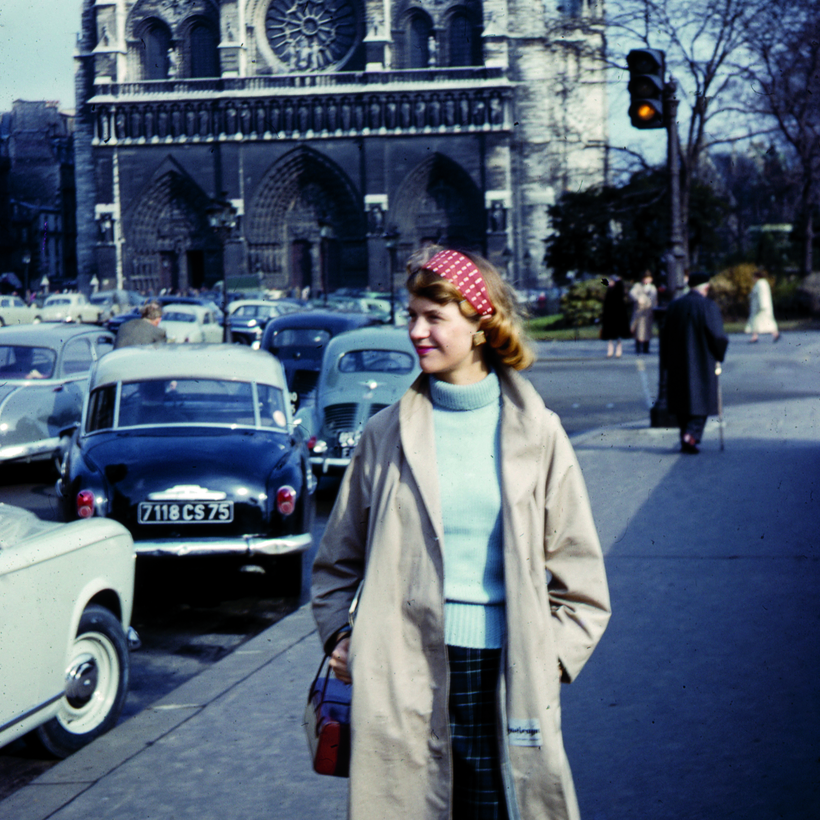When I set out to write a new critical biography of Sylvia Plath nearly nine years ago, I knew I would need to devote a significant amount of time and space to another great poet: Ted Hughes. Plath, an American, and Hughes, a Brit, were married for nearly seven years beginning in 1956, and theirs was one of the most productive—and turbulent—literary marriages of the 20th century.
Many of Plath’s most famous poems, including “Daddy,” “Ariel,” “Lady Lazarus,” and “Purdah,” were written in the wake of Hughes’s departure, in the fall of 1962. Earlier that summer, Hughes had fallen in love with another woman, Assia Wevill. Hughes and Plath separated, and she had intended to divorce him, though the couple was still technically married when she committed suicide, in February 1963.

